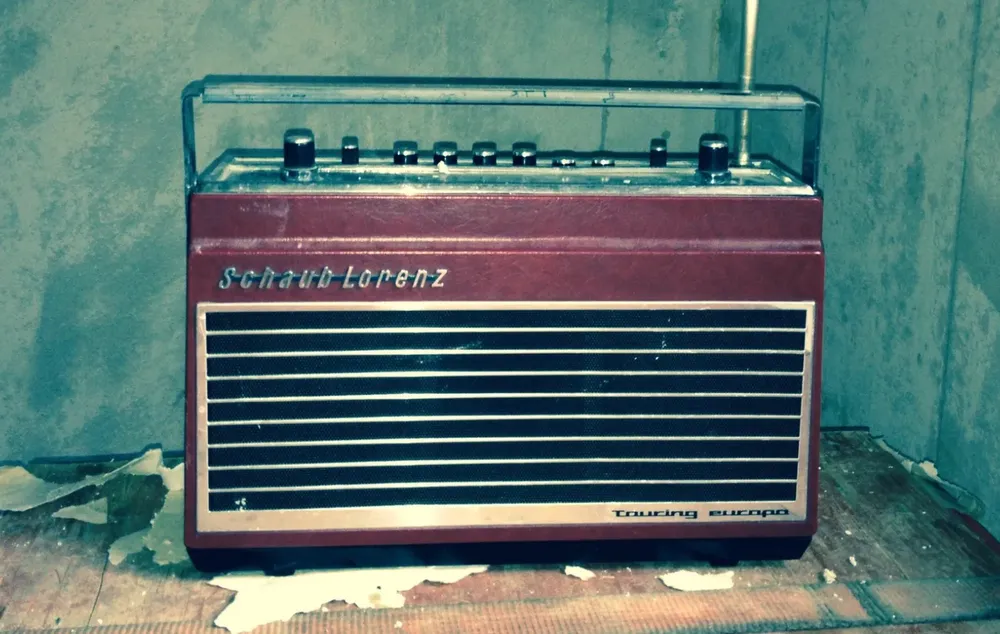
“They are the ones who killed RTV Marti. Trump just signed the death certificate”
In 1964, the U.S. consulate in Stanleyville was taken over by Congolese rebels of “Lumumbist” inspiration (associated with the African nationalist Patrice Lumumba), known as the Simba. For 111 days, they held hostages, only to be rescued in a joint U.S.-Belgian operation called Operation Dragon Rouge, in which the Cubans also participated
English16/04/2025 Yoe Suárez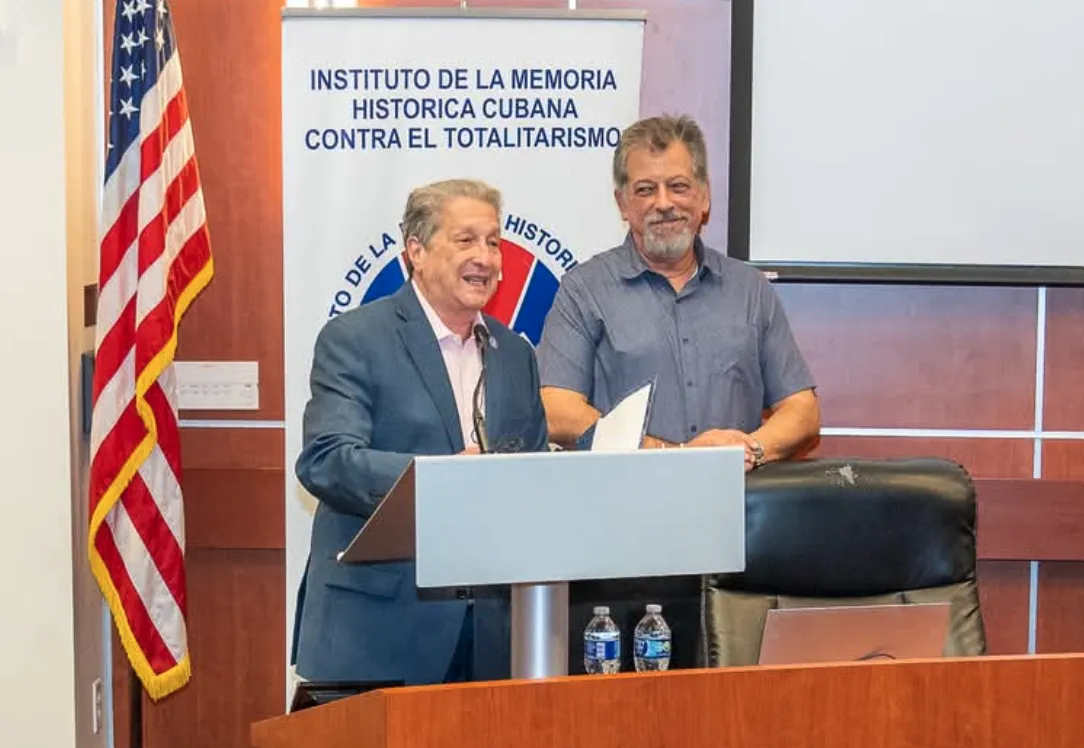
While the Havana regime sought to expand the revolutionary struggle to Africa in the 1960s, a group of Cuban exiles involved in the U.S. military contributed to operations that halted the socialist advance on the continent, as explored in a new film.
“Operación Masaki” (Operation Makasi, 2024), a documentary film directed by Cuban-American videographer and photographer Wenceslao Cruz, presents the little-known actions of a group of men born on the island who took to arms against “Castro’s imperialist aims” in Africa.
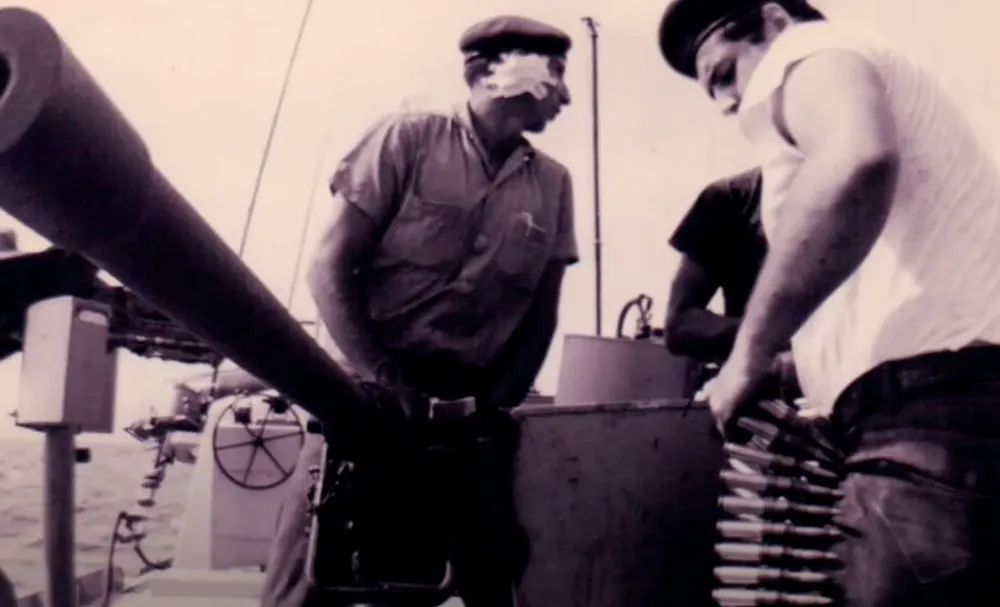
The regime then acted as the spearhead of the Soviet Union, in a Cold War context, where the Marxist bloc outsourced direct confrontations with the United States, supporting guerrilla and terrorist groups across the globe.
Aware of the revolutionary danger, based on what they had seen in their own homeland, several Cubans in exile fought face-to-face against the subversive troops of the Congo and their advisors from Havana.
The film, approximately 66 minutes long, features the testimonies of pilots such as Gastón Francisco Bernal, Armando Cantillo, and Federico Flaquer, and infantry soldiers Ángel Manuel Benítez and Pedro López — who recalls that 19 men reached Leopoldville, a city later renamed Kinshasa.
Many were in the Congo for approximately four years, between 1963 and 1967.

Juan Carlos Perón, a pilot, recalls that they went to that country with the express mission of fighting communism. “We had information that there was Cuban infiltration in the Congo, that they wanted to get him, and that Che Guevara was there.”
Roberto Pichardo, communications chief and boat electrician, explained that they were seeking to “eliminate the traffic on both sides of Lake Tanganyika.” Weapons, food, and men — everything passed through this navigable body of water to feed the rebels from Tanzania.
The Cubans were in charge of Lobo Uno and Lobo Dos, vessels that, according to Félix Toledo, operator and gunner, also had the mission of facilitating the landing of artillery, “clearing out enemies.”
Eulogio Amado Reyes, mechanic and gunner on one of them, still remembers how they patrolled the lake around the clock, and the nighttime fighting. Fights from boat to boat, and from boat to land.
On one occasion, the exiles’ radars detected the presence of several boats on the lake. A tough and long battle began, lasting almost two hours. A boat, as if trying to avoid being noticed, moved away from the main group.
When the fighting was at its height, knowing they were defeated, the mysterious boat headed for Tanzania at full speed. The Cubans would later learn that Ernesto “Che” Guevara himself was there.
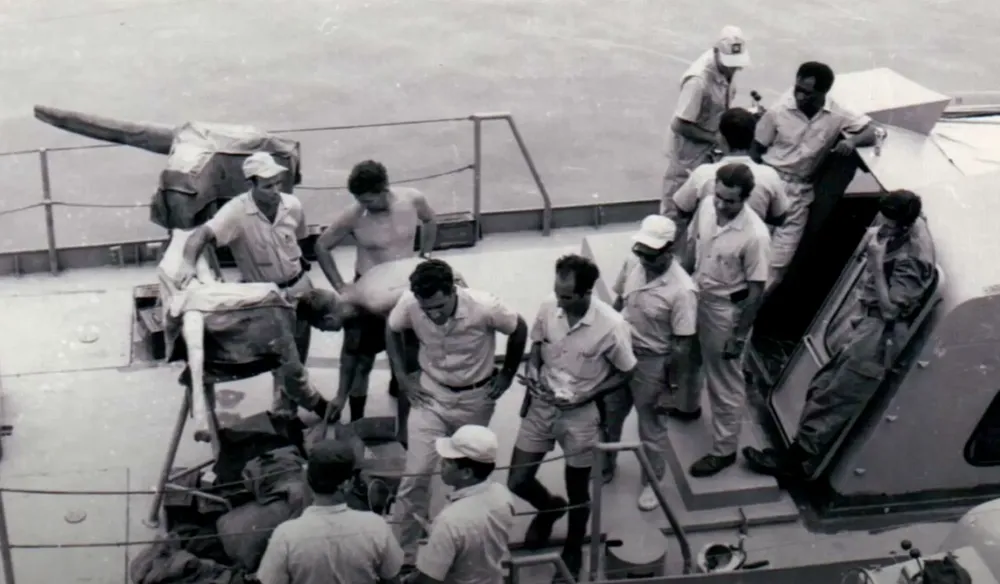
With victories like that, 70% of the smuggling of weapons and soldiers on the lake was eliminated.
Some of the Cubans involved, who had fought against Castro, had experience operating boats in the Caribbean, experience that would prove important to them in Tanganyika.
Generoso Bringas, a boat operator and gunner, confesses that he was more willing to go to liberate Cuba than the Congo. They promised him that “if the Cuba issue was resolved” while they were in Africa, they would leave directly from there with a boat full of everything they needed. The 1961 Bay of Pigs raid and John F. Kennedy’s betrayal of not sending air support to the expeditionaries were fresh in memory; but there were still Cubans ready to try again.
The exiles fought not only on Lake Tanganyika, but also on land.
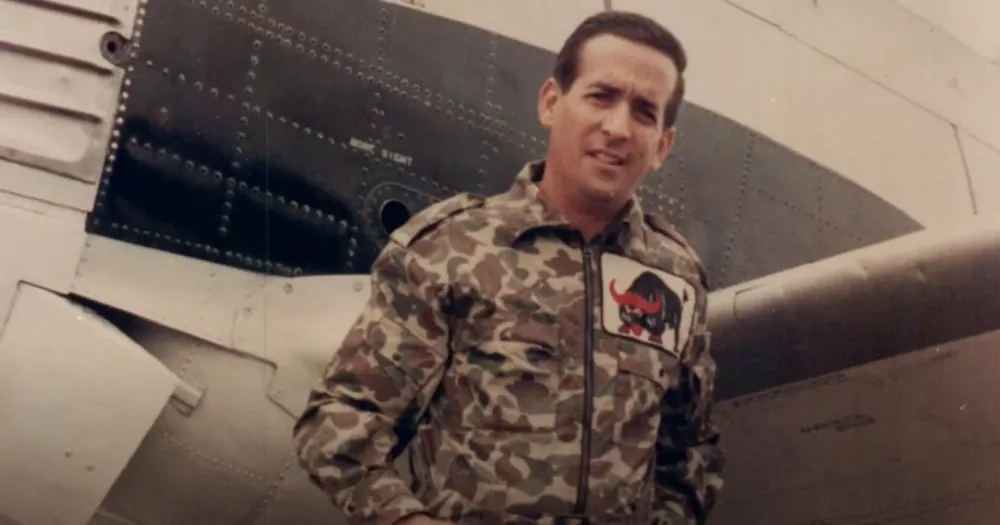
n 1964, the U.S. consulate in Stanleyville was taken over by Congolese rebels of “Lumumbist” inspiration (associated with the African nationalist Patrice Lumumba), known as the Simba. For 111 days, they held hostages, only to be rescued in a joint U.S.-Belgian operation called Operation Dragon Rouge, in which the Cubans also participated.
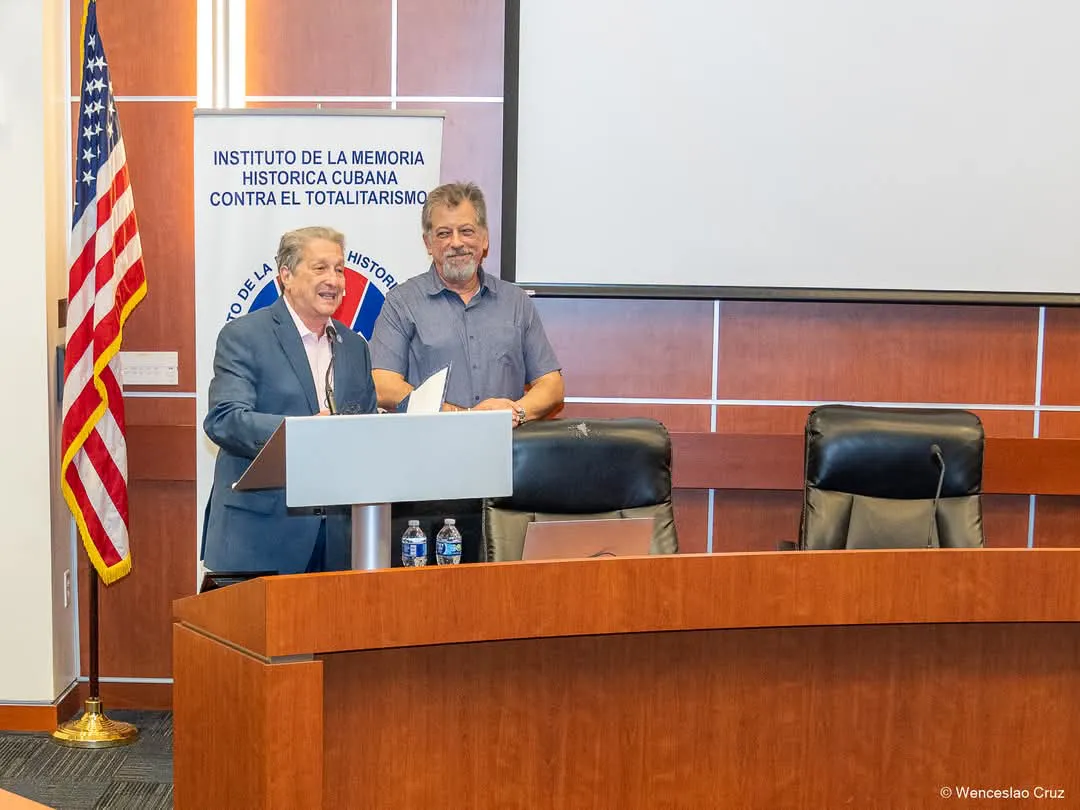
The leftist leaders who incited the Congolese rebels urged witch doctors in the villages to bless the troops. They told them they should not fear the battle, that their enemies’ bullets would turn to water upon impact. The documentary captures the testimony of Cubans freeing religious missionaries who had been captured by the revolutionaries, air patrols, forced landings in the jungle, machine gun nests, and paratroopers.
Stories of cannibalism also haunted the soldiers, and some recounted them on camera. Among the Simba, there were frequent reports of rape, impalement, dismemberment, and even ritual cannibalism.
The large audience at the presentation on March 28 at Florida International University in Miami revealed the interest of young people in learning about this little-known story.
The presentation itself revealed that much remains to be told, from the battles for uranium and copper mines against European powers — Aviator Flaquer’s last mission — to the CIA’s 30-year silence on those who participated in the Operation.
The documentary, produced by the Cuban Institute of Historical Memory Against Totalitarianism, is a valuable testimony for the future and present of these two branches of the fragmented national body: Cuban-American history and that of the island.
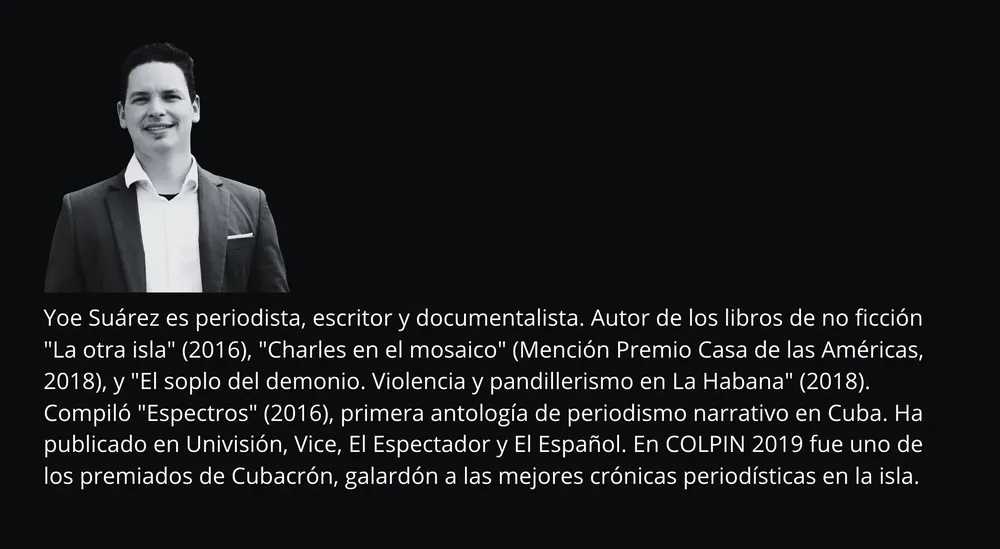

“They are the ones who killed RTV Marti. Trump just signed the death certificate”
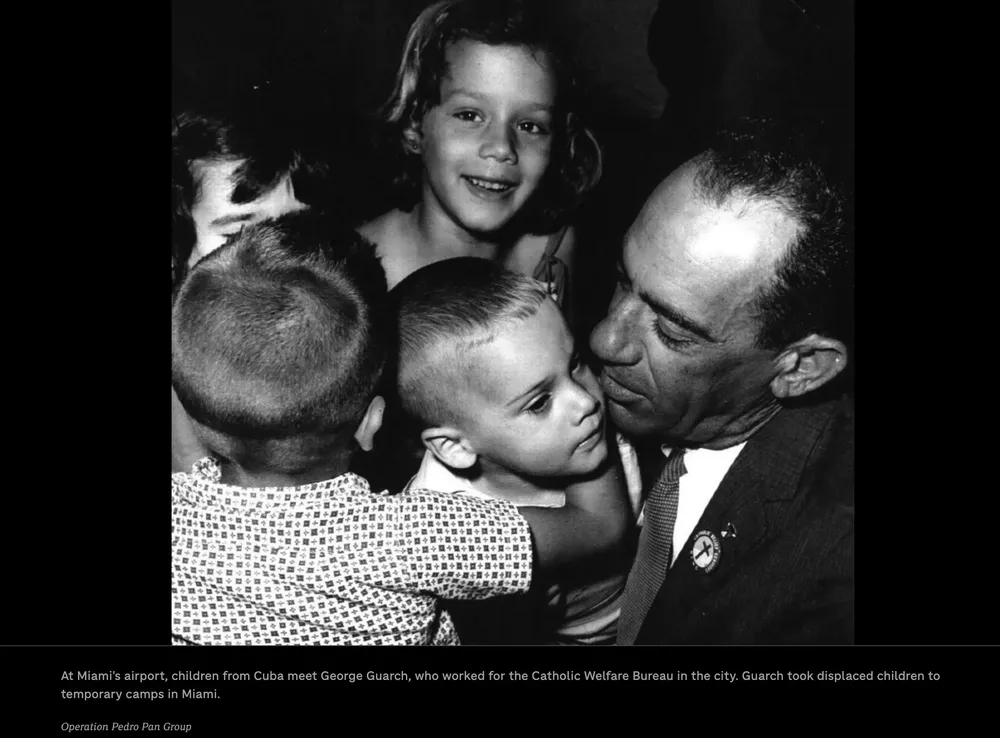
The movie theater employees turned on the lights when the movie showed an American flag in a Western cowboy scene. And again, they turned them on when a ham came out, yes, a ham, because food was already scarce in 1961
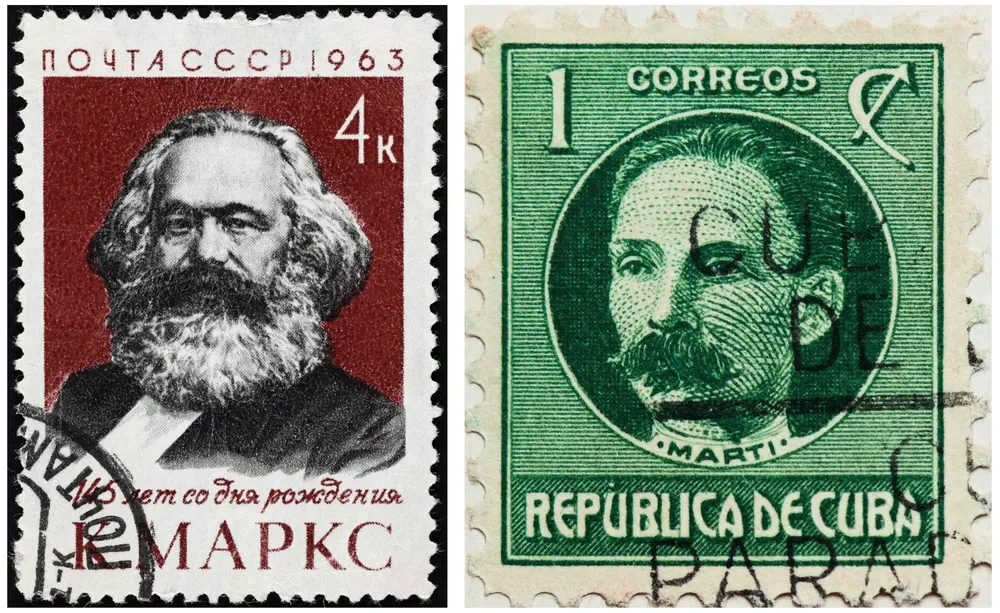
Marxism weighs more on positive liberty and positive law. As such, the communist project, with its dependence on structural repression to achieve its ends, could be welcomed by Lenin, Mao, or Castro, but not by Martí or Lincoln
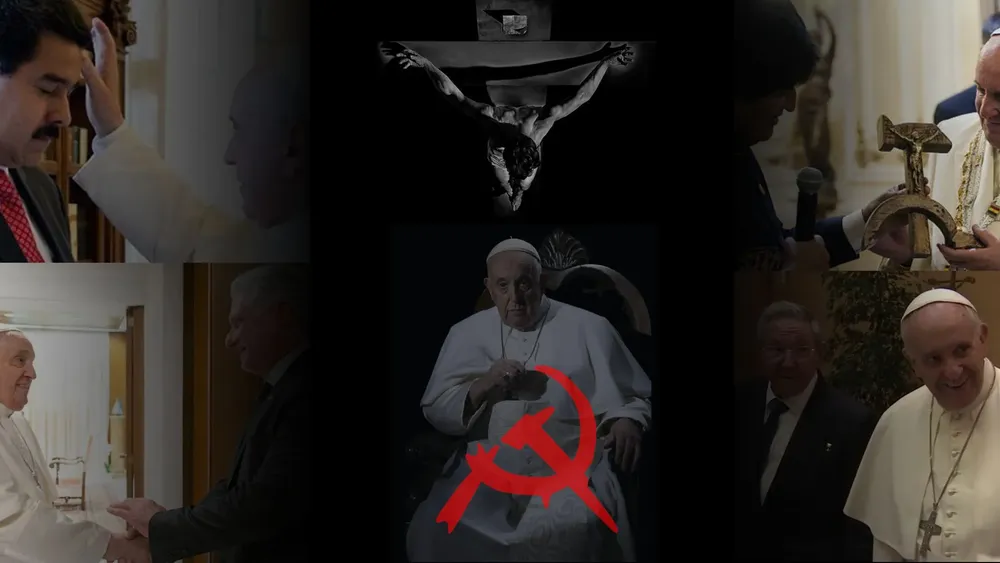
May God forgive me, the readers too, but doubt assails and invades me. Does Francisco sleep with a Bible under his pillow or with a copy of Capital or The Communist Manifesto?
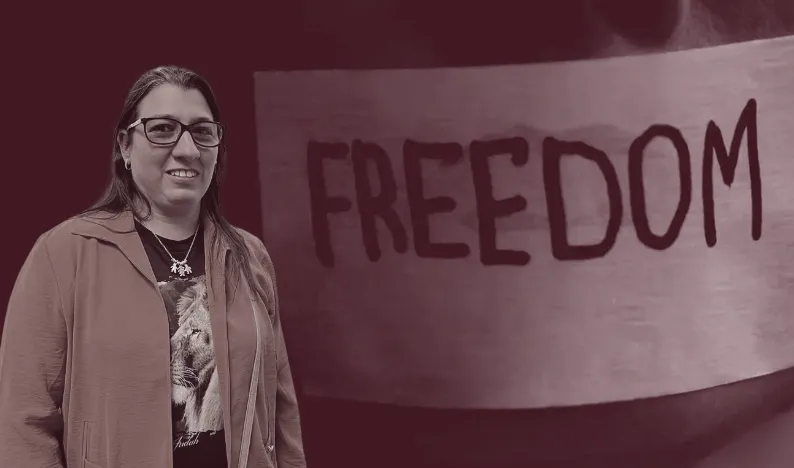
Salinas has defended her constitutional rights as a mother to direct her children's education and oppose indoctrination, ideologization, Critical Race Theory, gender ideology, and the misrepresentation of the history of the United States and Cuba in public schools.

Trump, who, without a doubt, promoted and united the MAGA movement (Make America Great Again) throughout the country, is today the most popular figure of Republicans at the national level

They are socialists who live on capitalist money. They are activists who put on the clothes of anti-racism to amass fortunes.

Marco Rubio to MLB: Dodgers are not "inclusive and cordial" with Christians
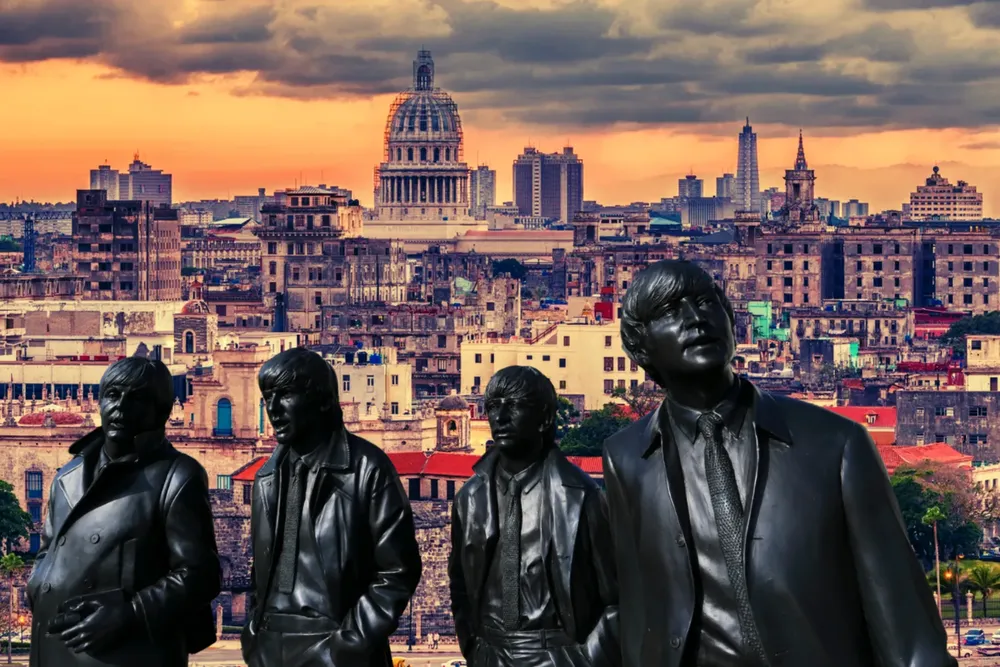
Compuesta a partir de una melodía que Paul McCartney escuchó en sueños, “Yesterday” se convirtió en la canción más versionada de la historia y marcó un punto de inflexión en la trayectoria de Los Beatles

No se habla de la masacre de los terroristas de Hamas del 7 de octubre de 2024, no paran de condenar y calificar como genocidio la muerte de civiles en Gaza, pero jamás se han referido a los bombardeos rusos contra Ucrania
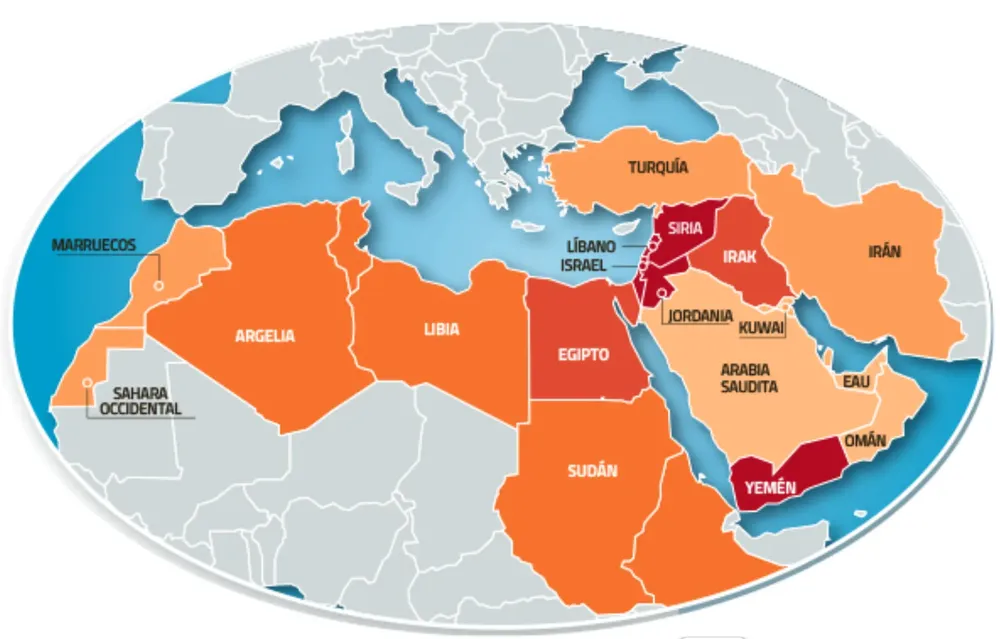
Para mantener su importancia en el nuevo escenario internacional, el Emir va a tener que tomar decisiones en torno a que el liderazgo de Hamas siga residiendo en Doha; quizás deban ahora moverse hacia Turquía
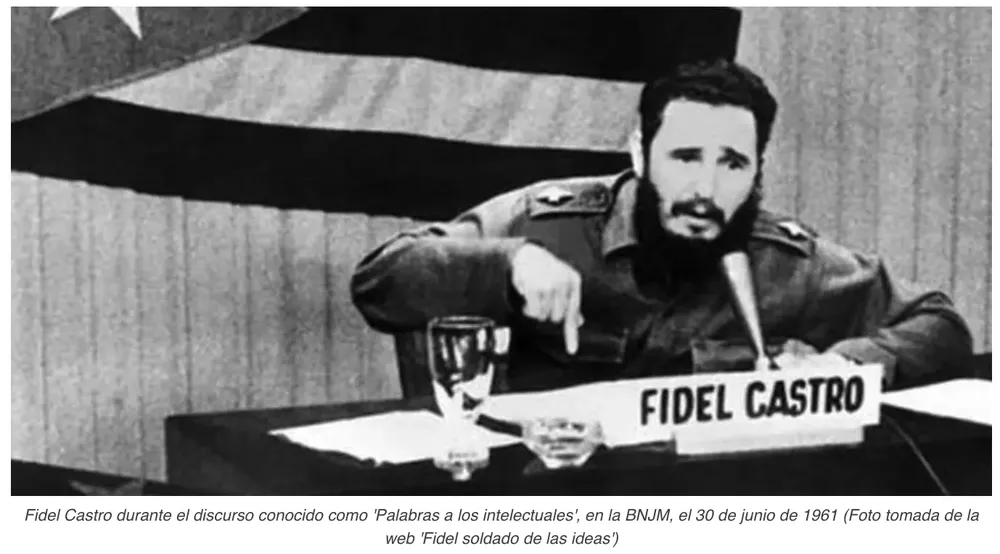
Durante más de una década, el argumento de “la revolución traicionada” —sin precisar en qué consistía la traición— fue la coartada para un sangriento ajuste de cuentas entre diversas pandillas, eufemísticamente llamadas “grupos de acción”

El lavado de cerebro es algo que no viene solo. Viene previamente acompañado de algo que se llama miedo. Si tus padres tienen miedo, claro está que no podrán oponerse a ese lavado de cerebro. Al contrario, debían siempre dar muestras de su apoyo al comandante y a la revolución
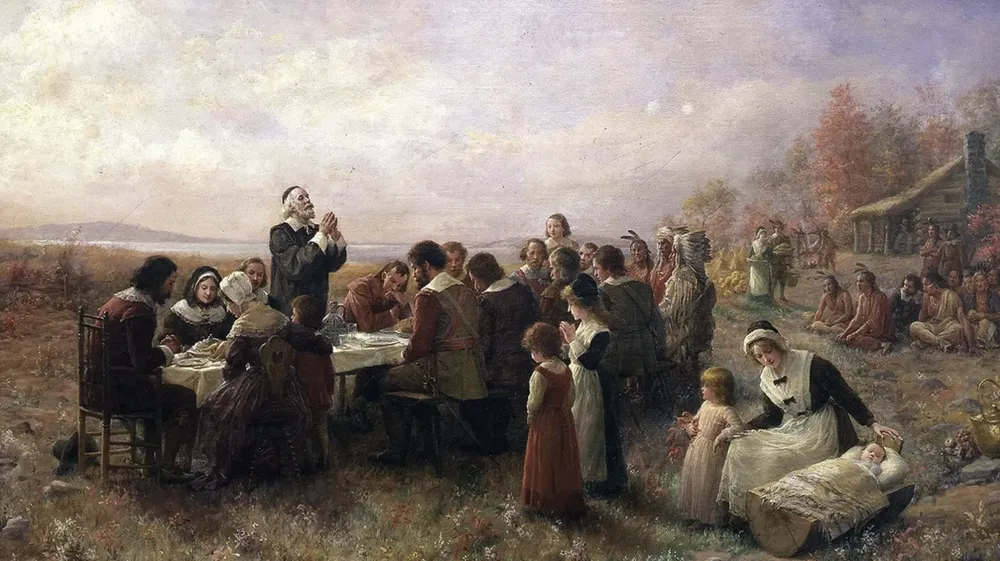

A Picasso, edición limitada de lujo y parte de su serie Picasso mestizo, es un libro inspirado en la poesía del español Rafael Alberti, autor clave de la Generación del 27, quien en sus comienzos también fuera pintor y que sustuvo una profunda amistad con Picasso, al punto de dedicarle varios cuadernos

Europa, influida por corrientes posmarxistas y élites económicas entregadas al globalismo, ha agravado su propia fragilidad. La Unión cometió un suicidio estratégico al desmantelar gran parte de su industria y asfixiar su agricultura con regulaciones que ahogan la competitividad
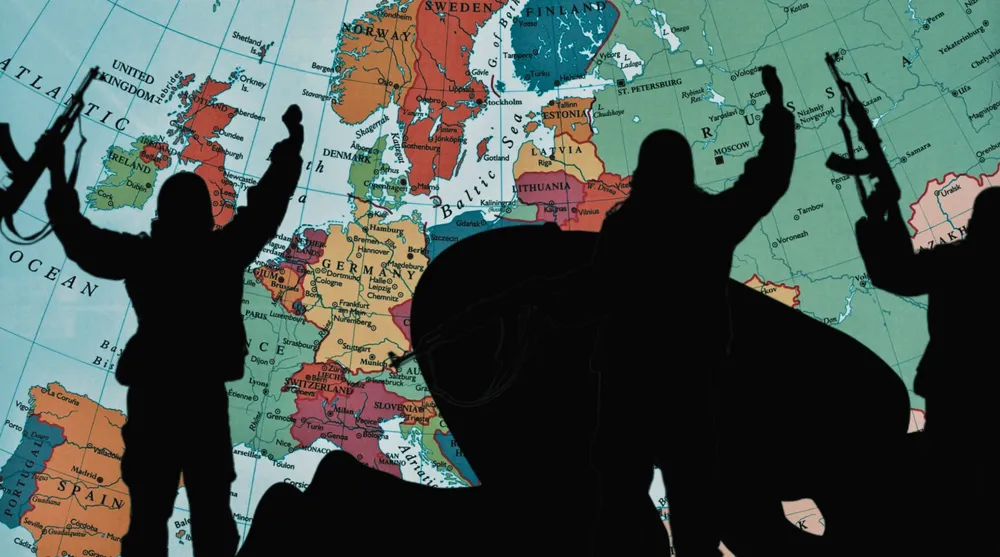
La cosa empieza a complicarse cuando rebasan el 5%. Ahí comienza el forcejeo para que se produzcan alimentos de acuerdo con la Halal, como ya vemos en España, incrementando la exigencia de contratar musulmanes y ejerciendo presión para que las cadenas de supermercados vendan sus productos, so pena de tomar represalias si estos no acatan

Si hay un fin de la dictadura castrista, por sus características especiales de ahogo de todo espacio para la oposición, por menor y marginal que sea, no va a ser la transición tradicional que ha tenido lugar en la región, ni siquiera la venezolana, ya que se carece de un gobierno legitimado en una elección reciente, sino que creo que va a ser un reventón semejante a la Rumania de Nicolae Ceausescu